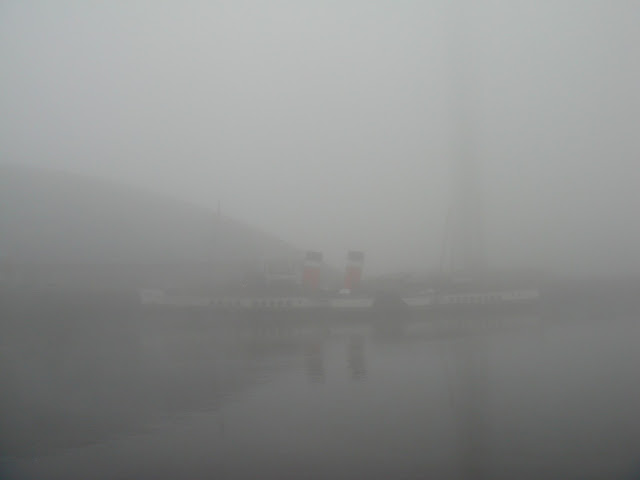Indeed, in a world that is so upside-down and topsy-turvy (precisely because of this manufactured culture of outsourcing), that has inverted itself and turned it's self inside out, cycling, as a way of cultivating the bodymind and as a way of overturning this backwardness (it's not the peasant or tribal societies that are backward in this world but the advanced and so-called civilized ones), is not just a subversive act but an essential one. 'By way of inversion', writes the the anthropologist Tim Ingold in Being Alive, 'beings originally open to the world are closed in upon themselves, sealed by an outer boundary or shell that protects their inner constitution from the traffic of interactions with their surroundings'. Ingold's purpose (as is my own) is to shift this logic into reverse, and to subvert the inversion, and right the capsized (not quite shipwrecked) boat of the world.
There is no more pressing issue.
The bodymind is where it starts and ends. Frugality is the means.
INVERSION: From Elizabeth Street to the Kilpatrick Hills by Bicycle one misty October Morning.
Electrically and chemically, the world moves right through us as though we were made of mist.
John Bliebtreu, The Parable of the Beast
Elizabeth Street complete with trees, mist, and the spectral silhouette of former Bellahouston Academy.
First of October,
edging out from the city
through a cloak of mist:
From Govan Road
the monoliths of modernity
of industry
of busyness:
Pacific Quay and the BBC,
but the key to the pacific lies not in media..
The Science Centre and the Waverley:
but the key to the human lies in con-science not science,
in one's own steam, not another's.
The Jobcentre at Govan Cross:
All those lost souls looking
for work,
yet never underestimate the power
and the poetry
of wilful self-unemployment.
The Fairfields shipyards -
Once fair fields, now fair game…
The new Southern General -
A death star for the modern era…
At Braehead, Ikea…
And the spectral outlines of abandoned cranes…
But already the head is part of the horizon…
Already the heart part of the hill…

Sea smells.
Hill curves.
The braes from the boardwalk…
Beautiful!

On the mud-thick banks,
crows and shopping trolleys, and the skeletal housing
for the shipyards at Scotstoun
in the process of being dismantled….
With all this thick mist, those high-rise towers in the background,
it could be Russia, could be China…
The whole practice of civilization, of ‘culture’,
needs to be dismantled…
needs to be reabsorbed into the bloodstream
of consciousness.
All I know is I can smell the hills,
hear the ferryman….
Already the heart is part of the horizon…

The fifty three seconds it takes to cross the river
Is timeless, ethereal…
An ephemeral glide
drifting through mist,
the calm glacial surface belying
the enormous currents underneath…
At Clydebank
a desolate shopping centre yet to wake up;
a canal with a family of swans
always awake even when sleeping.

Dalmuir - the great bog no longer
but a fine canal, a fine little wood,
an even finer walk into the hills.
The closer we get the more human we become;
Man is short for ‘maniac’.
Remember that!
Human, a sign of the hill within…
Lusset Glen,
the glen of herbs
beneath an eight lane motorway, yet utterly silent…
a womb within a womb…
All who pass through her are born again…
Even though I can’t see them yet
the braes of Kilpatrick
behind the mist
rise up.
I enter and climb.
Into the arena of the above,
or is it the beyond?
Personally,
which, by now,
is not limited to a single fragmented persona,
I believe it is neither above nor beyond.
But inside.
All is inside. There is no out.
At forty metres, the city appears as a sea of mist.
Forty metres is all you need for parallax and perspective,
maybe even four metres. Do not confuse smallness for a lack of greatness.
Do not be fooled by an excess of height.

From up here,
from in here,
the valley lies concealed by mist
as a bath tub is by foam.
Scientists call it ‘inversion’:
The white field, oceanic, fills the valley.












